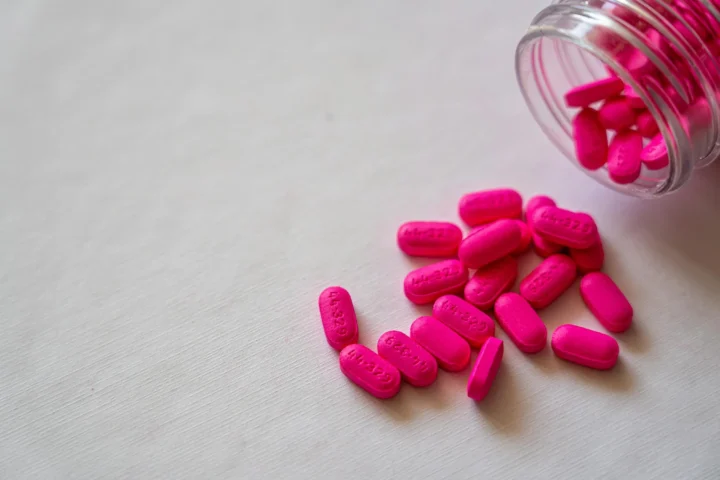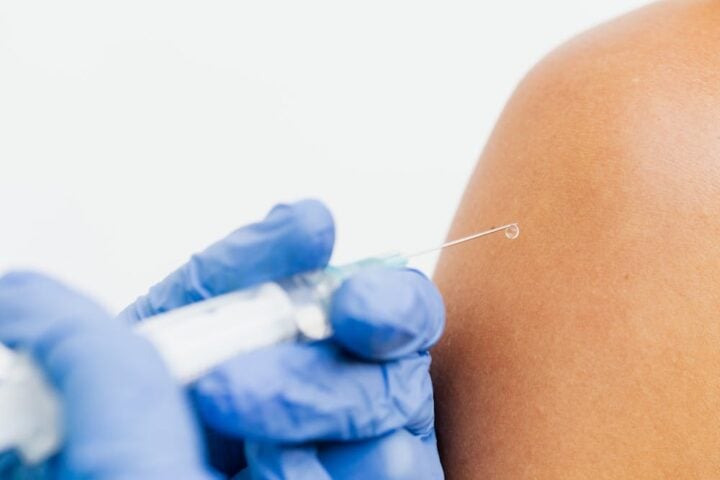Decades ago, the word athlete and mental health were as far from each other as the North Pole was to the South. The topic of mental health in sports was taboo. This was due to poor perception and the stigma associated. From student-athletes to professionals, all categories of sportsmen were once scared of admitting mental issues.
In addition to being sportsmen, college athletes are also students who are focused on achieving the best results in education. College of Education & Human Development Assistant Professor Lauren Beasley and Brigham Young University’s Steven Hoffman co-authored a study in the Journal of Sport and Social Issues, highlighted ”Having student athletes as the leaders of mental health campaigns could be a promising strategy to decrease mental health stigma campus wide.” However, some fields are easy to manage alongside sports, but some are not. Subjects including AI, law, biotechnology, finance, data science, etc., are rigorous, so you need additional tips and tricks to master them. For data scientists, knowing how to install and uninstall Conda on Mac can make life easier. It’s just one of those several things you can do to make your Mac work in your favour. This gives you more time and energy, which directly helps you in focusing better on sports.
Athletes and mental health are a major discussion on the average university campus as there is increased awareness on the topic. There are mental health and sports seminars, theme days, and dedicated help. Athletes can now seek help without the fear of being prejudiced, but it wasn’t always like this.
Some professional athletes have taken the brave route of speaking up about issues regarding their mental health. Sportsmen and women are beginning to talk about several challenges, including depression, anxieties, and stigma.
Michael Phelps: Within three Olympics, Michael had won 18 gold medals and 22 medals. The man who set swimming tracks on fire and had TV shows produced after him admitted to having his fair share of mental issues. He suffered from alcohol and substance abuse and was almost suicidal.
Brigetta Barrett: She won a silver medal in high jump in the 2012 London Olympics, the first woman to win a medal for the United States in the high jump category since 1988. She came out on how she had been battling depression, learned to embrace the pain, and embraced athletics as the only way out.
The world of mental health and sports, in general, has been dominated by the notion that views seeking any form of help have weaknesses. The ideal athlete is meant to be strong, fearing nothing, wanting nothing. In fact, the International Olympic Committee once had a slogan that read, “Faster, Higher, Stronger.” It, therefore, comes as no surprise that athletes find it difficult to talk about their struggles with mental health. Professor Ayşe Çiftçi, director of the School of Counseling and Counseling Psychology in ASU’s College of Integrative Sciences and Arts, stated, “Research suggests that there is a strong relationship between physical performance and psychological wellness, and counseling is integral to optimal career performance and overall psychological well-being.”
Similar Posts
Considering that one out of every four persons may be battling with their mental health has revealed that athletes are not alone in this. It is common to humans regardless of shape, form, or builds. Like all illnesses, mental troubles could also deteriorate with time if not properly handled. Putting up a happy front does not equal treatment; neither does isolation. Speaking out is the first step in accessing help and treatment.
Physical wellness is crucial in the world of sports. Sportsmen easily perform at their best when they are in great shape physically and mentally. With the recent attention paid to mental health, athletes accessing help has been easier for those battling issues. There are now mobile applications that athletes across the globe are using to monitor and improve their mental wellness.
These apps are used with their medical teams to arrange their schedules and monitor key indications like sleep, training routines, and other performance data. It is also used to help avoid injuries while monitoring their health. There has also been a rise in the number of research publications on sports performance and psychology, and sports management.
These journals explore how to assess the physical and psychological recovery course of sportsmen after tournaments or periods of excessive performance. Evidently, athletes need to give their body some time to heal and recover from all the stressors.
A major stimulant of mental issues is insufficient rest and recovery. Sleep is crucial for peak productivity and consistent top performance. It also helps the memory, mood regulation, and immunological functions.
It is not news that playing team sports can improve a person’s mental health, but the toll on athletes who play professionally can be quite demanding. The desire to consistently remain physically fit and deliver peak performances has driven many sportsmen and women over the edge.
The increased focus on athletes’ mental health shows impressive results. There is a consciousness among fans and team owners that athletes are also humans, not robots. They are exposed to mental issues as well. Athletes are also beginning to admit and accept that they are prone to mistakes, and it does not make them weak or inferior in any way.


















